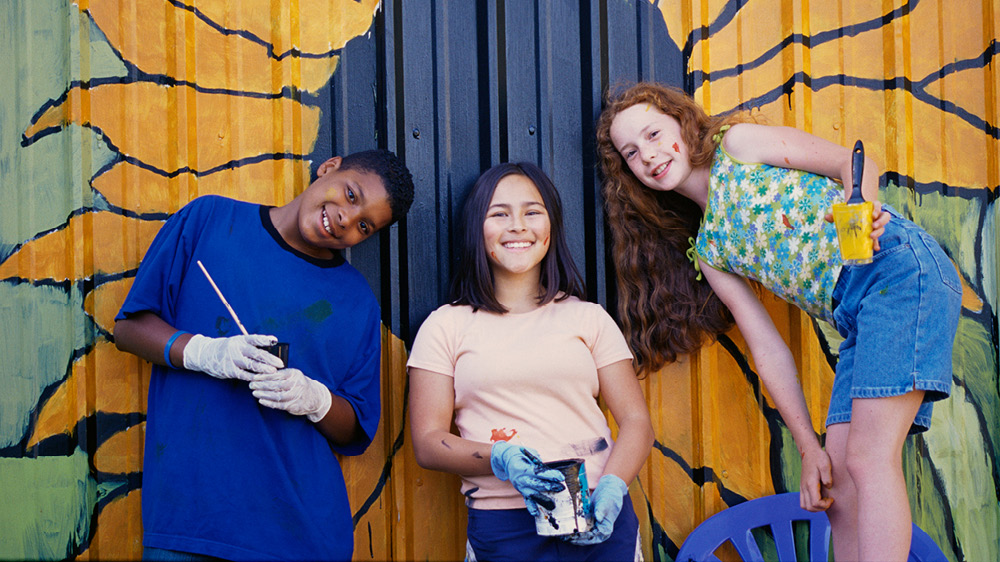What is HPV and why get vaccinated
February 15, 2023Categories: Infectious Diseases, Pediatrics Care
In 2018, there were about 43 million human papillomavirus (HPV) infections. HPV is very common, and certain infections can lead to cancer. One vaccine can prevent these infections and protect your kid from future cancer. Here's everything you need to know about getting the HPV vaccine.
What is HPV?
HPV is a common sexually transmitted infection. The virus spreads by infecting the skin and the mucous membrane of the throat and genital areas. Some strains can be benign and cause skin lesions like warts, and persistent infection can lead to the development of certain cancers including:
- Anal
- Cervical
- Oropharyngeal (throat)
- Penile
- Vaginal
- Vulvar
Why get vaccinated against HPV
The HPV vaccine was developed to prevent infection and nine types of cancer associated with HPV. HPV vaccine prevents future infections but does not treat an existing infection or disease.
HPV vaccines are safe. The vaccine is preventive care against future infection and cancer.
When should I get the HPV vaccine
The CDC currently recommends HPV vaccination for all children at ages 11 or 12 years to protect against HPV infections. Vaccination can start at age nine and is recommended through age 26 if you did not get adequate vaccination before.
Kids younger than 15 receive a two-dose series. If 15 years or older, kids will need to receive a three-dose series within a six-month period.
Most new HPV infections happen during adolescence and young adulthood. The vaccine needs to be given before sexual activity to be more effective in preventing infections and subsequent cancers.
Talk to your child’s primary care provider about their HPV vaccine at their annual physical.
Side effects of the HPV vaccine
Most symptoms of the HPV vaccine are mild and usually resolve after 1-2 days. Common side effects of the vaccine include:
- Localized pain
- Localized redness
- Swelling in the arm
- Headache
- Tiredness
- Body aches
- Fever
Sometimes fainting can occur right after vaccination. Usually, you’ll be asked to stay in the exam room for 15 minutes for observation.
After vaccinated, continue your child’s age recommended visits with their provider.


